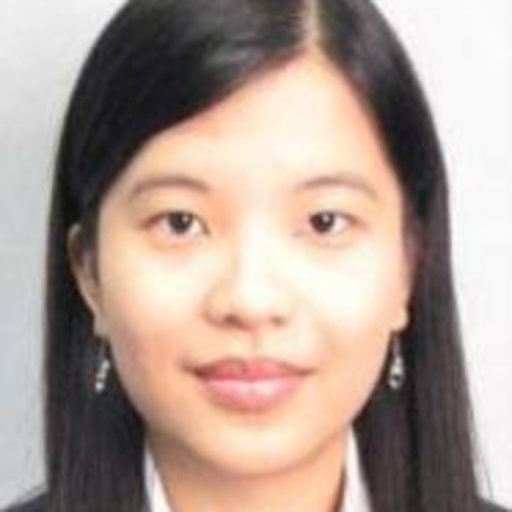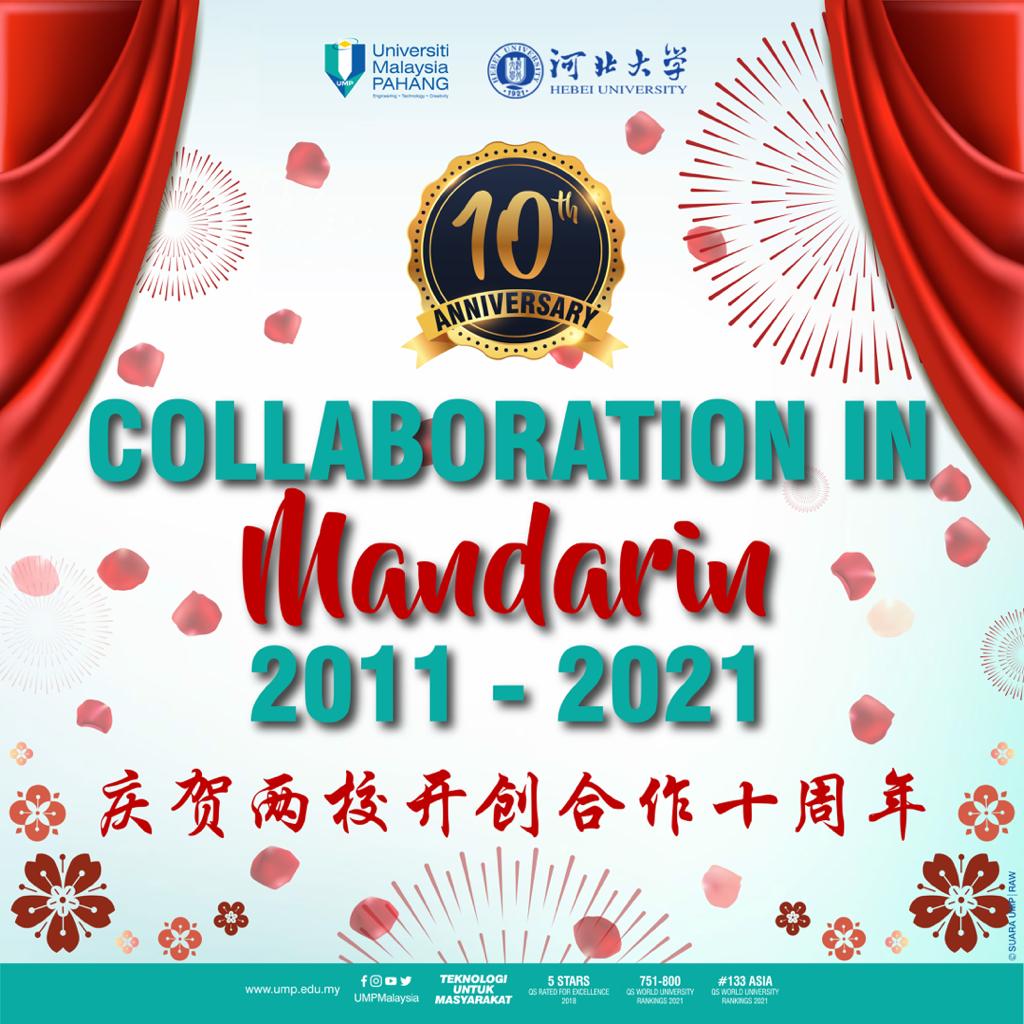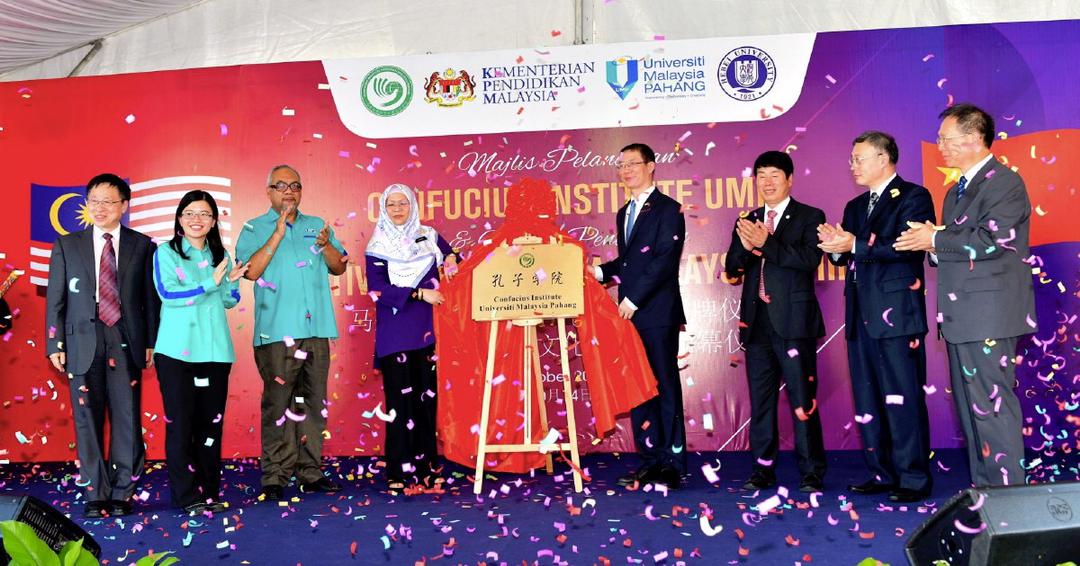UMP and Hebei University, a decade together
It has been a decade for Universiti Malaysia Pahang (UMP) to collaborate with Hebei Universitiy (HBU) since the establishment of Mandarin Language & Culture Centre (MLCC) in 2011. With the support of the Ministry of Higher Education (MOHE), Confucius Institute Headquarters (Hanban) and HBU, MLCC was upgraded to Confucius Institute in 2018.
The establishment of the Confucius Institute is a meaningful global recognition to the university in intensifying initiatives and expanding collaboration, especially in value-adding for UMP students and the local communities.
Collaboration between both universities involves language and cultural activities and the internationally recognised Mandarin-Hanyu Shuiping Kaoshi (HSK) proficiency test. It also involves scholarship offers, staff exchange and academic collaboration especially for teaching Mandarin as a foreign language in UMP.
UMP also received a total of 39 Mandarin teachers from China since 2011. Each year, UMP receives three or four Chinese Mandarin language teachers that serve both campuses. Due to the spread of COVID-19 in Malaysia and restriction on the entry of foreigners into Malaysia, UMP has been implementing digital education for Mandarin language by five Chinese volunteers since October 2019.
UMP and HBU also collaborate in organising language and cultural activities. In 2019, HBU sent a troupe of performers to UMP for the Malaysia-China Festival of Art and Culture in five locations including UMP Gambang and Pekan on 10-14 October 2019. The festival featured various Malaysian and Chinese cultural heritages including Malay and Chinese dances, Malay and Chinese songs performance, martial arts performance such as taichi, wushu and silat, and many others.
At the same time, a forum on Arabic and Chinese calligraphies was held involving calligraphers Dr. Abd Rahman Hamzah from Universiti Teknologi Malaysia (UTM) and Dr. Fan Yuguang from Hebei University. The Malaysia-China Festival of Art and Culture had attracted students and strengthened the cultural understanding between Malaysia and China.
Besides, a cultural exhibition was organised to introduce the use of chopsticks, Chinese knots, Malaysian traditional games and Arabic, Chinese and Tamil calligraphies. This festival is a sharing medium that reflects the customs and cultural diversities.
Chinese Mandarin teachers always guide the participants in the annual national level of the Chinese Bridge Competition that they manage to achieve excellent results.
The Centre for Mandarin Proficiency Test (HSK) was established in UMP Confucius Institute in Pekan on 11 March 2020. The centre benefits the students especially from the East Coast.
Since 2013, a total of 242 candidates has sat for the HSK test. The Chinese Mandarin teachers always provide guidance to the HSK candidates before sitting for the HSK test. In 2020, the Confucius Institute invited Associate Professor Dr. Wang Gang of College of International Exchange and Education, HBU to brief on the Level 6 HSK test to the candidates. This session helped the candidates to master the proper answering techniques.
A total of 105 students has received Chinese scholarship since 2016 and joined the Mandarin Language Programme organised by China. Ninety-one students were selected to attend the Mandarin Language Program at HBU.
In addition, UMP also organised study tours at HBU in 2013 and 2015. UMP students applied their language mastery in the real environment in China. They also enrolled in Mandarin courses in universities in China. Also, they were exposed to various Chinese cultures such as wushu, Chinese tea, calligraphy, paper cuttings, Mandarin songs, Chinese knots, opera, paintings, taichi and Chinese dumplings. The students enjoyed the invaluable time and showed passion and commitment to learning Mandarin as a foreign language.
The year 2014 also witnessed the UMP staff exchange to HBU. Professor Dato’ Sri Dr. Daing Nasir Ibrahim from the Faculty of Industrial Management (FPI), who was then the UMP Vice-Chancellor, was appointed as a Visiting Professor at HBU and Professor Ir. Dr. Kamarul Hawari Ghazali from the Faculty of Electrical & Electronic Engineering Technology (FTKEE) was appointed in 2017. Other staff involved were the Dean of the Faculty of Industrial Sciences and Technology (FSTI), Associate Professor Dr. Hasbi Abd. Rahim and a lecturer from the Faculty of Chemical and Process Engineering Technology (FTKKP), Dr. Farhan Mohd Said who participated in the staff exchange programme to HBU in 2018.
Due to the COVID-19 pandemic, UMP and HBU organised joint lectures involving the Department of Civil Engineering, College of Engineering and the Faculty of Manufacturing and Mechatronics Engineering (FTKPM) from UMP and College of Civil Engineering and Architecture and College of Electronic Information Engineering from HBU in 2020.
Eight lecture sessions were conducted from November to December 2020. Lecturers from both universities took turns to deliver lectures. UMP staff involved include Ir. Dr. Azhani Zukri, Dr. Asrul Adam and Dr. Ahmad Shahir Jamaludin, and HBU staff involved include Associate Professor Dr. Wu Xingzheng, Associate Professor Dr. Xiao Jinzhuang and Dr. Mei Jianhong. Students also exchanged views during the learning sessions with international lecturers although they did not experience the face-to-face mobility programme due to the worldwide COVID-19 outbreak.
The relationship between UMP and HBU was nurtured through mutual support, especially during the COVID-19 outbreak in 2020. UMP contributed 10,000 medical gloves to a hospital at Hebei University. HBU also contributed 2,000 face masks and 100 jumpsuits as personal protective equipment (PPE) to UMP.
Happy 10th Anniversary UMP and Hebei University.
18 January 2011 until 18 January 2021

The writer is the Director (Malaysia) of Confucius Institute, Universiti Malaysia Pahang.
By: Yong Ying Mei
Email: yingmei@ump.edu.my
Translation by: Dr. Rozaimi Abu Samah, Engineering College/Faculty of Chemical and Process Engineering Technology
- 516 views




 Reports by:
Reports by: 






